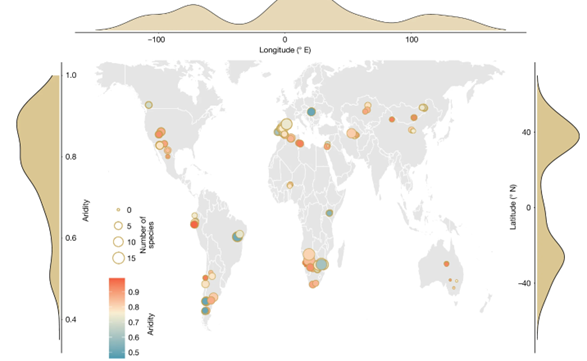
Unforeseen plant diversity in global dryland
Plant Science Research WeeklyEarth’s terrestrial ecosystems harbor remarkable plant diversity. Some of this diversity can be quantified as functional traits, which provide a measure for diversity in different environments. In this new work, Gross et al. used a functional trait analysis to examine how plants respond to increasing…
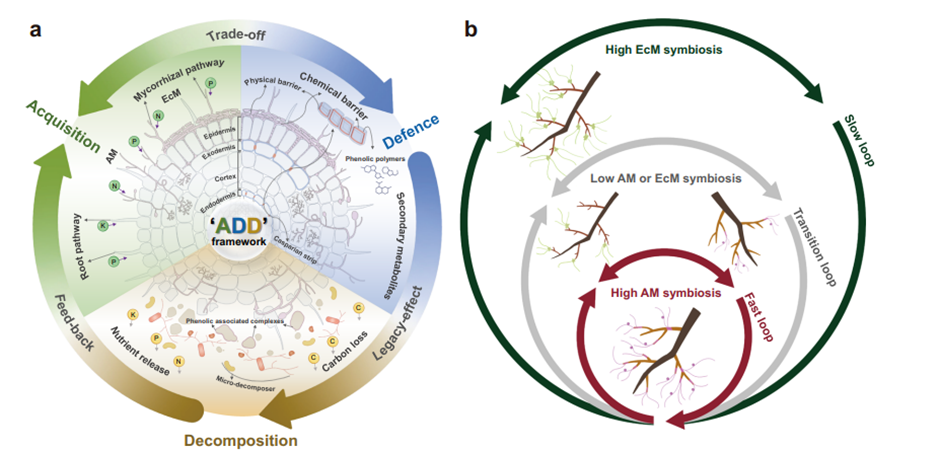
Unveiling root trait syndromes in trees: Evolutionary insights into mycorrhizal partnerships
Plant Science Research WeeklyPlants, particularly long-lived trees, need to balance nutrient acquisition, herbivore and pathogen defence, and ultimately organic matter decomposition. The intricate relationship between these processes is crucial for the survival and growth of trees over their extended lifespans. Zheng et al. investigated…
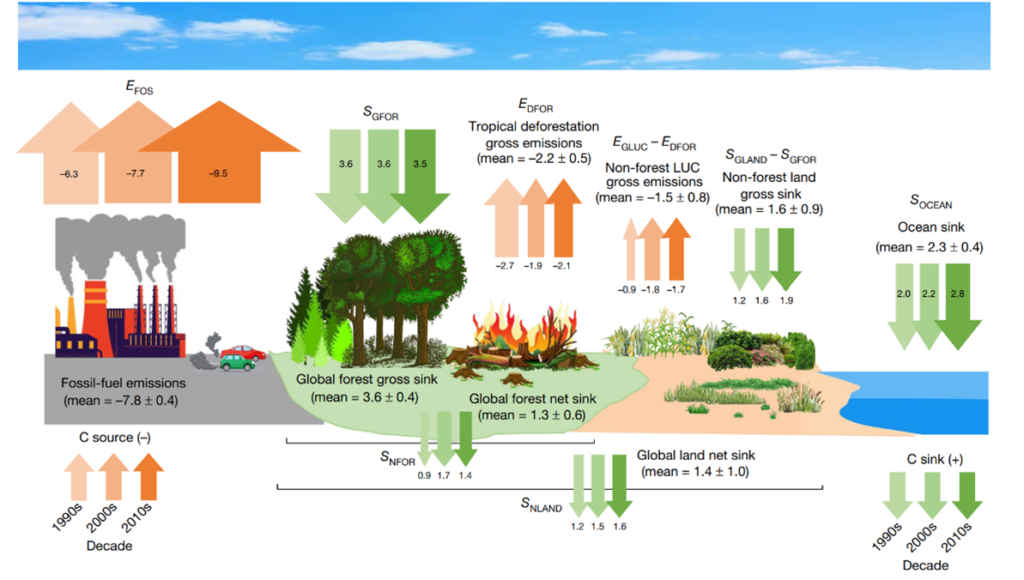
Forests endure as critical carbon sinks
Plant Science Research Weekly
The global forest carbon sink is vital for mitigating climate change by absorbing CO2 and offsetting nearly half of fossil-fuel emissions. Over the past three decades, this sink has remained stable with minor fluctuations, but its future is threatened by deforestation, forest ageing, and climate…
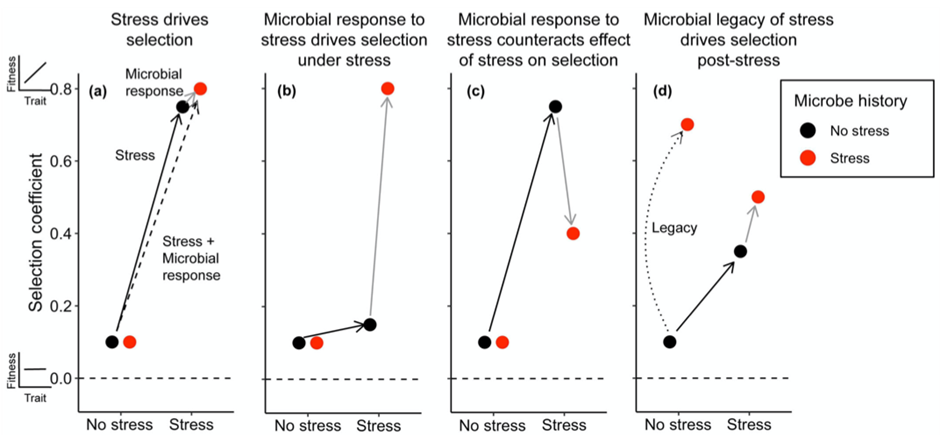
Hidden influence: How microbial stress responses shape plant natural selection
Plant Science Research WeeklySoil microbial communities respond rapidly to stress, potentially leading to altered compositions in stressful environments and consequently impacting plant natural selection. Bolin and Lau investigated the influence of microbial responses to stress and persistent microbial legacy effects on plant selection.…

Unintended consequences of planting native and non- native trees in treeless ecosystems to mitigate climate change
Plant Science Research WeeklyAfforestation initiatives are globally underway to replace naturally treeless ecosystems with native and non-native trees. The primary objective is to enhance atmospheric carbon capture as a means to combat climate change. This review seeks to illuminate the diverse impacts of afforestation, both positive…
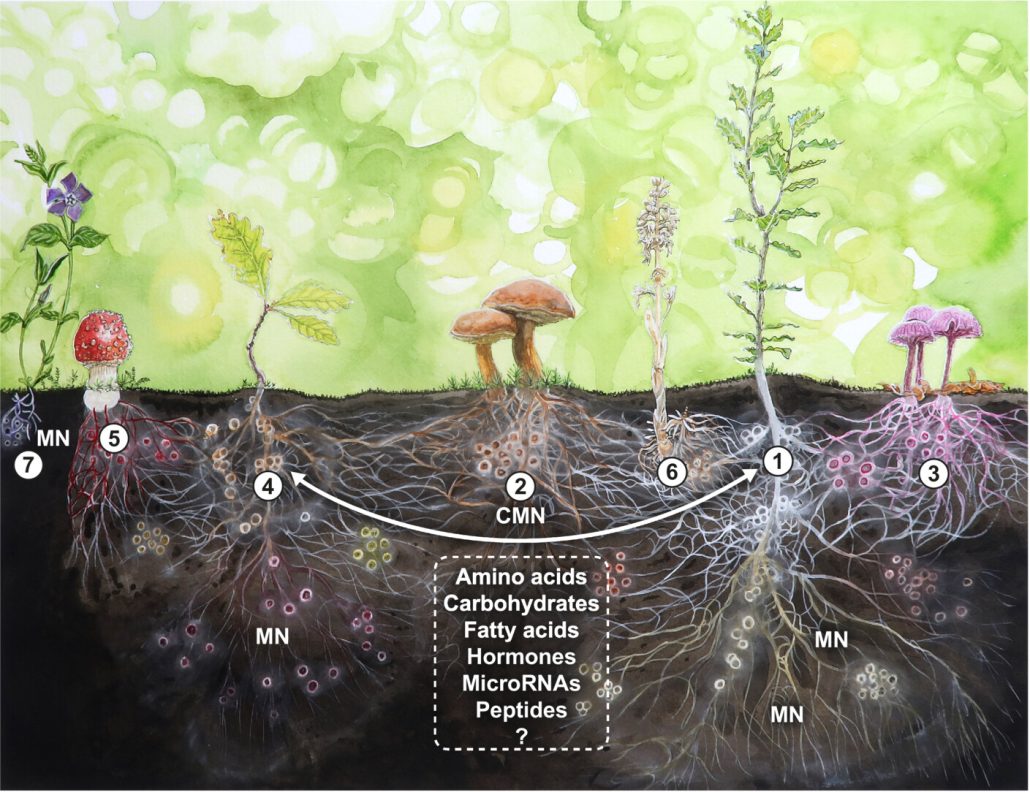
Review. Mycorrhizal symbiosis: Genomics, ecology, and agricultural application
Plant Science Research WeeklyThis outstanding Tansley review by Martin and van der Heijden spans the scale of research on mycorrhizal symbiosis from molecules to ecosystems, and spans time from the earliest encroachment of plants and fungi onto land to the future applications of our understanding. This very comprehensive review…
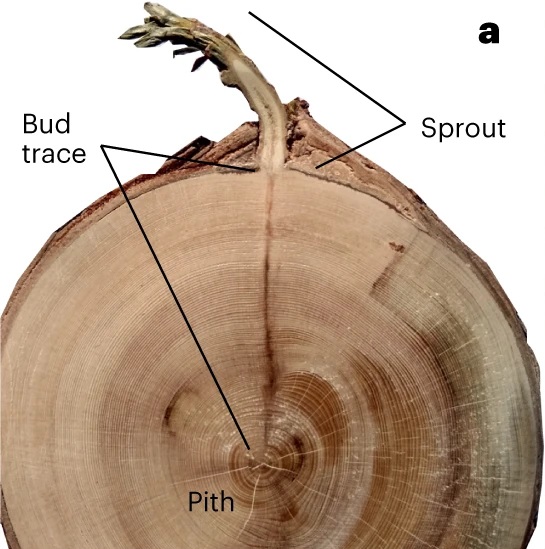
Old reserves and ancient buds fuel regrowth of coast redwood after catastrophic fire
Plant Science Research WeeklyIn recent years we have witnessed catastrophic fires throughout the world, including the redwood forests of California. Although these huge ancient trees are fire resistant, many have died due to the extreme heat generated by these recent fires. Here, Peltier et al. examined patterns of regrowth from…
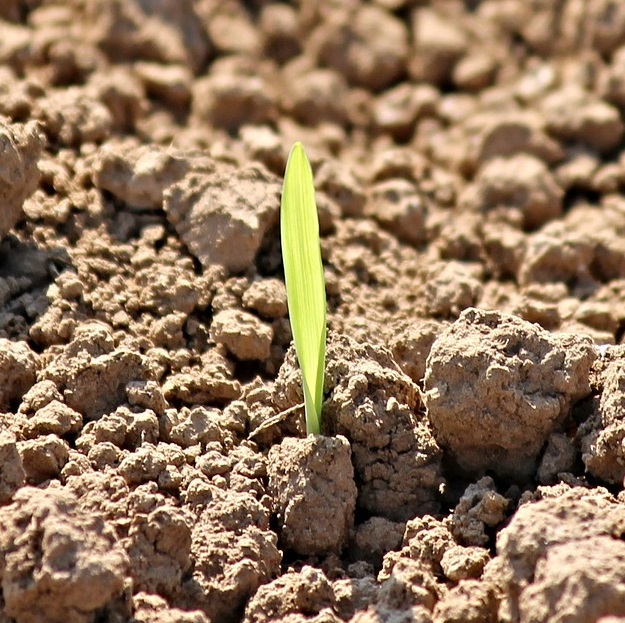
More warm-adapted species in soil seed banks than in herb layers
Plant Science Research WeeklyClimate change profoundly impacts plant communities, for example, by changing the geographic range of some species and locally extinguishing others. Yet these changes take time, maybe a few years, to be observed. This lag between climate and plant communities changes could result from the soil seed bank…

Roots of misinformation on common mycorrhizal networks in forests
Plant Science Research WeeklyAs an educator, I reply on metaphors and stories to engage my readers, yet the line between hyperbole and engagement is thin. The concept of plant-plant communication is exciting, and certainly has some truth, but unfortunately has spilled over into a narrative that perhaps is more fiction than fact.…

